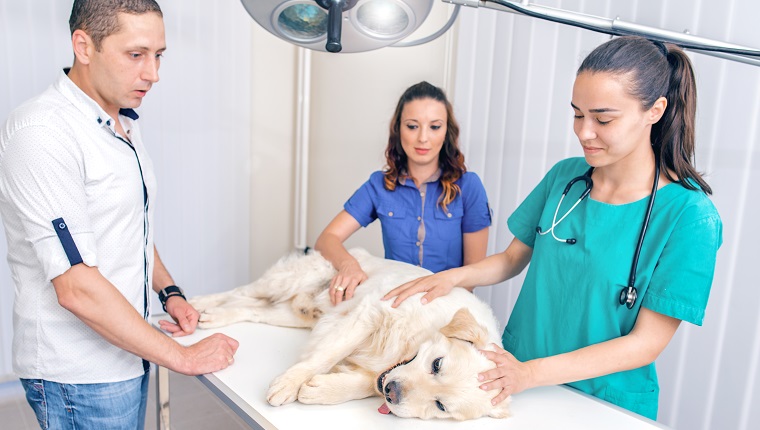Antibiotic-resistant bacterial infections in dogs are specific types of infections that do not respond to antibiotics, which means that the infections cannot be stopped by usual medications. These kinds of antibiotic-resistant bacteria are also sometimes known medically as L-form bacteria.
These infections can be tricky to treat, and they can also spread to both other pets and humans.
If you see signs that…







